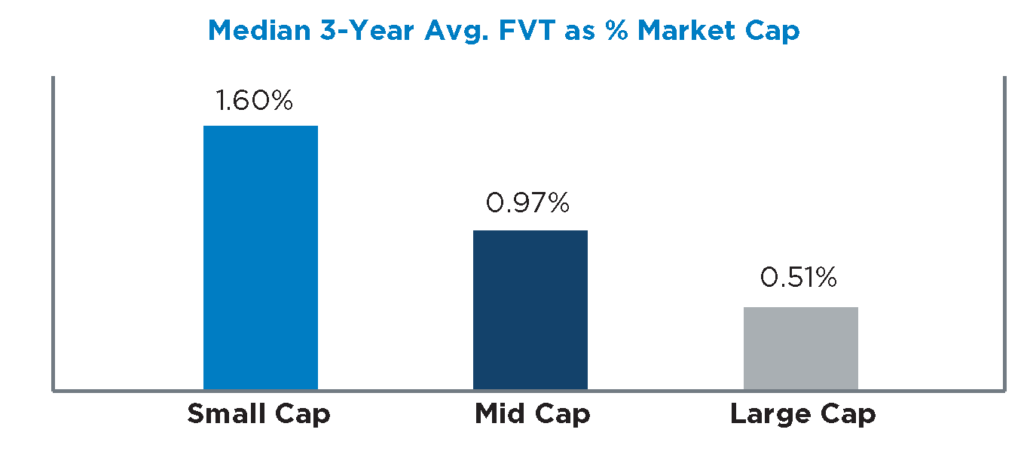Betty Moy Huber is Counsel and Michael Comstock and Alexandra Munson are associates at Davis Polk & Wardwell LLP. This post is based on their Davis Polk memorandum
On September 9, 2020, the Climate-Related Market Risk Subcommittee of the U.S. Commodity Futures Trading Commission published a report, Managing Climate Risk in the U.S. Financial System, describing the links between climate change and the U.S. financial system. The Report was largely the product of efforts from its sponsor, CFTC Commissioner Rostin Benham, but was prepared with input from the Subcommittee, comprised of over 30 stakeholders, including banks; investment firms and advisors; oil and gas companies; and public interest and non-profit organizations.
The Report makes two key arguments. First, climate change poses major risks to the stability of the U.S. financial system and its institutions. Second, U.S. financial regulators must move swiftly to understand, measure and address those risks. To that end, the Report makes 53 recommendations for federal and state regulators, legislators, and financial and business leaders to manage climate change and mitigate its impacts.

Proposed Rules Relating to the Reporting Threshold for Institutional Investment Managers
More from: Andrew Brownstein, David Katz, David Silk, Oluwatomi Williams, Sabastian Niles, Theodore N. Mirvis, Wachtell Lipton
Andrew R. Brownstein and David A. Katz are partners and Oluwatomi O. Williams is an associate at Wachtell, Lipton, Rosen & Katz. This post is based on a comment letter of Wachtell, Lipton to the U.S. Securities and Exchange Commission. Additional contributors to the law firm’s comment letter included Theodore N. Mirvis, David M. Silk, and Sabastian V. Niles. Related research from the Program on Corporate Governance includes The Law and Economics of Blockholder Disclosure by Lucian Bebchuk and Robert J. Jackson Jr. (discussed on the Forum here).
On July 10, 2020, the U.S. Securities and Exchange Commission (the “Commission”) proposed an amendment to Form 13F that would increase the reporting threshold from $100 million to $3.5 billion (the “Proposed Amendment”). We respectfully submit this letter in response to the solicitation by the Commission for comments on the Proposed Amendment.
As discussed in more detail below, we believe that the Proposed Amendment would decrease market transparency, increase the potential for covert activist behavior and market manipulation, reduce the ability of U.S. public companies to engage with investors in a meaningful and efficient manner, and deprive investors, companies and the Commission itself of valuable, decision-useful information. The justification advanced by the Commission for the Proposed Amendment—purported savings of $15,000—$30,000 annually by the “smaller” institutions that would no longer be subject to filing requirements under Section 13(f) of the Securities Exchange Act of 1934, as amended (“Section 13(f)”)—underestimates the market influence of such institutions, likely overestimates the potential savings to those institutions, ignores other costs of the Proposed Amendment and in any event is insufficient to justify the adverse effects of the Proposed Amendment. The Proposed Amendment cuts the information currently available from Form 13Fs by 90%, rendering investors, regulators and the American public blind to important developments affecting the future of major American companies on whom our nation depends for job creation and overall prosperity.
READ MORE »